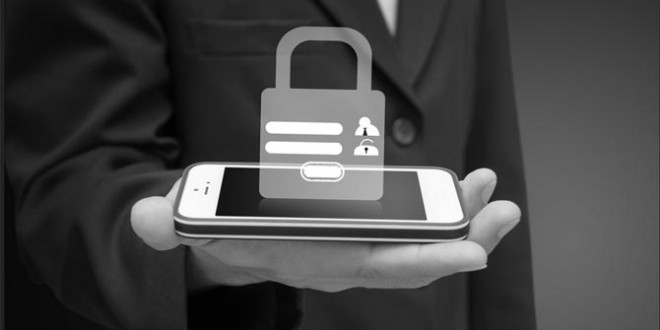Comparing Smartphones for Security and Anonymity
With the vast selection of smartphones available today, many of us face the question: “Which one should I choose?” In the past, we focused on design, features, price, and brand. However, in 2018 and beyond, it makes sense to prioritize privacy and security, which have become crucial as data breaches and hacking incidents continue to rise.
Compared to Android, iOS is generally considered a more secure platform due to Apple’s strict privacy and security policies. However, Apple devices are expensive and offer less customization than some users might want. For some, brand matters most; for others, it’s functionality—everyone has different priorities. Below is a comparison table of some of the most popular smartphones from a security and privacy perspective.
Blackberry KEYone
Blackberry phones were the top choice for business professionals long before iOS and Android existed. The Blackberry KEYone combines the best of Android OS with the security features of Blackberry’s now-legacy operating system. The device features secure TCL hardware and a Linux kernel, allowing users to enjoy all popular Android apps with added security.
- Pros:
- Hardware “Root of Trust” at every startup
- Linux kernel makes it less vulnerable to hacking
- Hardware encryption based on TCL technology
- Cons:
- Limited model and design options available
- Relatively old model; newer smartphones offer more features
Apple iPhone X
Once you choose iOS, Apple offers an excellent balance between security and refined user experience, which is why so many users are loyal to the brand. Apple provides quick updates for its devices, including the iPhone X, thanks to its direct control over both hardware and software. This is a key advantage of Apple products.
The recently introduced Face ID feature makes the iPhone X more resistant to hacking, enhancing its security (although it has been shown that a 3D-printed mask can sometimes bypass it). The Apple app ecosystem is tightly controlled, resulting in fewer malicious apps on iOS compared to Android.
- Pros:
- Device design and functionality
- Face ID is more reliable than fingerprint recognition
- Fewer malicious apps in the App Store
- Cons:
- Face ID is still an experimental technology
- iOS is not as hack-proof as it is often portrayed; not fully bug-proof
Samsung Galaxy Note 8
For Android users, the Samsung Galaxy Note 8 is a strong choice thanks to Samsung Knox—a platform that combines hardware and software encryption to provide a high level of user data privacy. Knox plays a crucial role in separating your personal and professional data, preventing leaks between the two. The Note 8 also features a secure boot key, ensuring the device is running genuine software and that the operating system data has not been tampered with.
- Pros:
- Built-in security key active at every boot
- Knox encryption
- One of the most functional and capable Android smartphones
- Cons:
- Some security features can impact device performance
- Large device size
Google Pixel 2
The biggest advantage of using Google Pixel 2 phones is that they are made directly by Google. Android updates are rolled out to Pixel phones very quickly. The device offers both software protection and secure data storage. The latest version of Android and security patches are provided to Pixel 2 and Pixel 2 XL first, making them an ideal choice for those who want a balance between security and style.
- Pros:
- Pixel 2 phones are directly managed by Google for the fastest updates and patches
- Built-in cloud storage for files
- Cons:
- No choice of design or phone variations
- Less popular due to limited functionality



